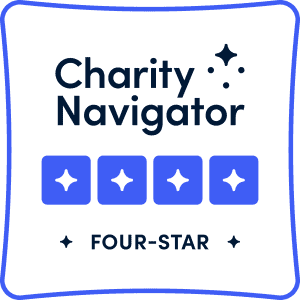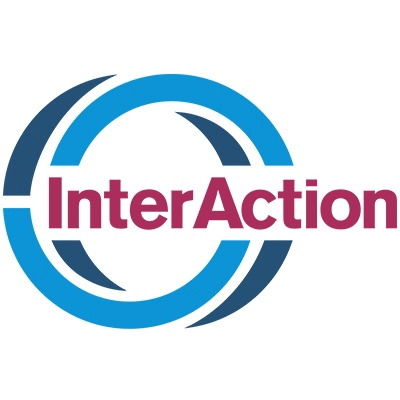Empowered Girls
“Without progress for girls, there can be no real progress.”
-Phumzile Mlambo-Ngcuka, Executive Director, UN Women, 11 October 2016
A child is born. After three months, her mother stops breastfeeding her. At meal times, she is fed last and least and thus, will be permanently stunted. At age six, instead of being sent to school, she is taught how to milk a cow and plant crops. At age 10, she will walk five miles, alone, every day, carrying 40 lb water jugs. At age 12, while on one of these solo walks, she is subject to a violent encounter. To avoid public shame, she is married to her attacker. By age 13, this undereducated, undernourished girl is a mother. When her daughter is three months old, she stops breastfeeding her and at mealtimes, she feeds her daughter last and least. The cycle of malnutrition and inequality continues. But it doesn’t have to.
When a girl has the opportunity to be educated and healthy, not only does she benefit, society as a whole benefits. Educated girls marry later, have healthier children and take an active role in their communities to ensure the rights of other women are upheld. We make a commitment to stand with these girls and fight for their rights.
CHILDREN AND MARRIAGE
Child marriage often compromises a girl’s development by leading to early pregnancy and social isolation, interrupting her schooling, limiting her opportunities for career and vocational advancement and placing her at increased risk of domestic violence. In locations where rates of childhood marriage are highest (sub-Saharan Africa, Latin America and the Caribbean, and the Middle East and North Africa) it is common for girls to marry or enter a union before the age of 18. Ending child marriage can break the cycle of malnutrition.
EDUCATION
Education also plays a critical role in giving women more control over how many children they have. Tens of millions of girls around the world are not expected to ever attend school. Many girls who receive no education have been and will continue to be subject to child marriage. Educated girls are more likely to delay marriage and pregnancy than their less-educated peers. As women’s education rises, infant and child mortality fall and family health improves.
What we do.
- Celebrate and empower girl children in Bangladesh. In 2000, we catalyzed the formation of a 300-organization alliance that honors National Girl Child Day each year. This day gathers tens of thousands of people at events focused on eradicating all forms of discrimination against girl children.
- Promote equal education for girls. Animators across our Program Countries run educational campaigns to promote childhood primary school enrollment, especially for girl children. All children (the majority of which are girls) enrolled in our epicenter nursery schools in Africa are guaranteed access to a full nutritious meal every day they are in attendance. Our Microfinance Program in Africa includes a policy that requires participants to enroll their daughters in school.
- Monitor maternal and childhood health. Throughout our programs, women participate in educational workshops to learn about the importance of maternal health and caring for their children. Elected women leaders in India ensure that government-run maternal and child health centers are functioning effectively and reaching the community. In Africa, children are weighed and monitored at our epicenter health clinics.
- End child marriage, dowry and other harmful cultural practices. Animators throughout our programs run awareness campaigns to put an end to violence against girls and discriminatory practices like child marriage, dowry and female genital mutilation.
Related News
Make change happen. Invest in people.
Mailing address
The Hunger Project
110 West 30th Street, 6th Floor
New York, NY 10001
Get connected
Join the conversation on social, and stay connected with the latest from our partners around the world.
Stay informed
Subscribe to our newsletter to receive updates of latest news and events.
© The Hunger Project | Website by The Good Alliance






